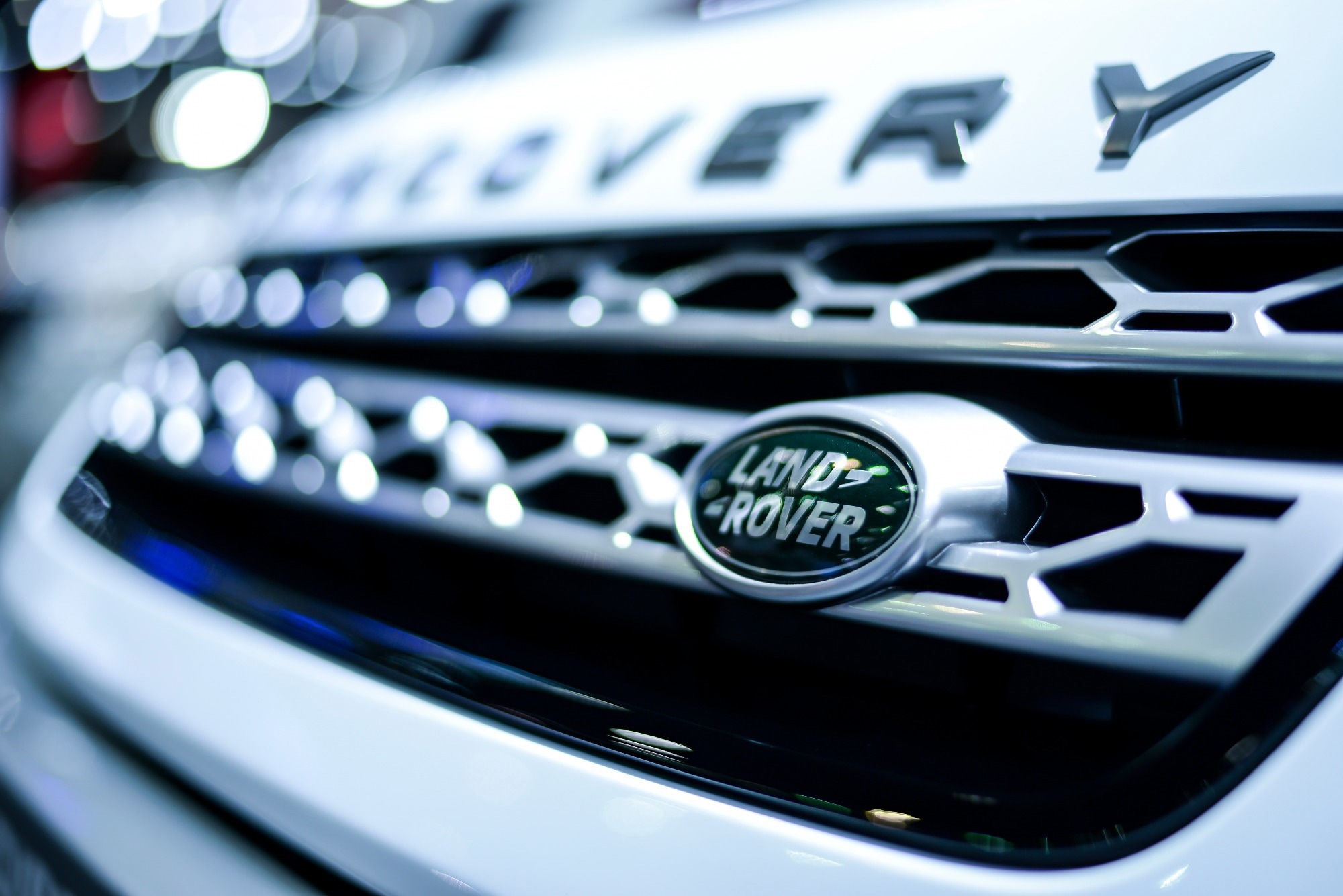In a landmark partnership poised to redefine sustainable energy solutions, automotive giant Jaguar Land Rover (JLR) has forged a groundbreaking collaboration with renewable energy leader Wykes Engineering. This collaboration will allow for the development of one of the largest energy storage systems in the UK to harness solar and wind power using second-life electric vehicle (EV) batteries.

Image Credit: superoke/Shutterstock.com
Working together with industry-leading partners, we are developing a complete EV ecosystem, from batteries to charging, supporting our net-zero transformation.
François Dossa, Executive Director, Strategy and Sustainability, JLR
This pioneering effort underscores the companies’ commitment to driving environmental progress and heralds a transformative leap toward renewable energy and decarbonization objectives.
JLR’s steadfast commitment to circular economy principles is at the heart of this collaboration, epitomized by its “Use Less, Use Longer, Use Again” philosophy. As such, JLR is exploring an innovative initiative to reuse second-life batteries from its I-PACE electric vehicles (EVs) to create one of the largest energy storage systems in the UK.
By repurposing these advanced energy storage units, JLR and Wykes Engineering are set to unlock new possibilities in the realm of renewable energy while effectively managing peak energy demands.
Harnessing Renewable Energy with Second-Life EV Batteries
Renewable energy sources, such as solar and wind power, are major players in society’s long-awaited transition to a sustainable future. Yet, their intermittent nature and the inability to efficiently store excess energy have posed significant challenges to the widespread adoption of renewables.
In response to these issues, Jaguar Land Rover (JLR) has taken a proactive approach by collaborating with Wykes Engineering to develop an innovative solution – the Battery Energy Storage System (BESS). Comprising a cluster of thirty-second-life Jaguar I-PACE batteries, the BESS has the capacity to store up to 2.5 megawatt-hours of energy.1
With this prowess, each BESS will represent an energy reservoir capable of powering approximately 250 homes for an entire day.1 This speaks volumes about the transformative potential these repurposed batteries hold in reshaping the landscape of renewable energy storage.
By the end of 2023, JLR’s target is to deliver a battery supply capable of storing a combined energy capacity of 7.5 megawatt-hours – which is enough to power 750 homes for an entire day.1
Classed as an advanced inverter for peak efficiency and energy management, each BESS can supply power directly to the National Grid during peak hours and draw power from the Grid during off-peak periods for storage.
These battery storage systems play a pivotal role in the decarbonization of the Grid, effectively managing sudden demand spikes and optimizing the capture of solar and wind energy during favorable conditions, ensuring availability when required.
One of the major benefits of the system we’ve developed is that the containers are connected to the Grid in such a way that they can absorb solar energy ,that could otherwise be lost when the Grid reaches capacity. This excess energy can now be stored in the second life I-PACE batteries and discharged later .This allows us to ‘overplant’ the solar park and maximise the amount of power we generate for the area of land we are using.
David Wykes, Managing Director, Wykes Engineering
A Collaborative, Sustainable Future
As a powerful ally in the mission to decarbonize the National Grid, this project will undoubtedly help to achieve a crucial and valuable dual purpose: reducing carbon emissions and establishing a sustainable energy infrastructure.
The collaboration between Jaguar Land Rover and Wykes Engineering marks a significant achievement in sustainable energy solutions. By reusing second-life EV batteries for the Battery Energy Storage System (BESS), this partnership sets an inspiring precedent for other industries to explore similar collaborations, all working in unison to achieve the common goal of environmental sustainability.
References and Further Reading
- JLR Creates New Renewable Energy Storage System From Used Car Batteries (2023) JLR Media & News Room Available at: https://media.jaguarlandrover.com/news/2023/08/jlr-creates-new-renewable-energy-storage-system-used-car-batteries
-
Alternative Fuels Data Center: Batteries for Electric Vehicles, (2023) Available at: https://afdc.energy.gov/vehicles/electric_batteries.html.